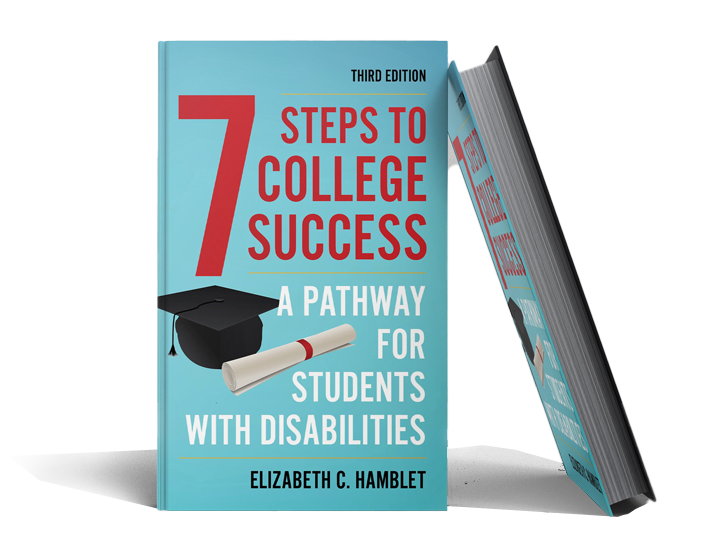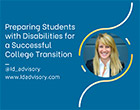Introduction
Students with disabilities might receive a waiver from their high school for their math or foreign language requirements because those classes would be extremely challenging due to the impact of the disability. Despite what you may have heard, however, getting a waiver in high school does not guarantee that students will get one at college—and having that high school waiver can possibly affect college admissions options, too. Make sure everyone – especially students – know the facts before the student accepts such a waiver in high school.
Potential effect of not taking high school math or foreign language courses on college admissions
Colleges are allowed to require students applying for admission to have taken math and foreign language courses, and they aren’t required to have separate admission criteria for students with disabilities who didn’t take them in high school. So, while they can choose to do so, colleges don’t have to consider these students eligible for admission, even if their disability was the reason they didn’t take those courses. This means that not taking these courses in high school may limit college choices down the road. It is crucial that you discuss this possibility with your student before the decision is made to provide a waiver in high school.
High school waivers don’t guarantee course waivers or substitutions at college
It’s important to know that though some colleges do provide substitutions for their math or foreign language requirements (there isn’t any data showing how many do), they don’t have to do so, even for students who weren’t required to take those classes in high school. (Since waiver is often interpreted to mean that students don’t have to take any credits in a subject, colleges are more likely call what they do provide a substitution.)
Even if colleges do offer substitutions, they aren’t obligated to offer them to every student who requests them simply because they had waivers for certain kinds of classes in high school.
Pre-admissions requirements may have to be satisfied for graduation
Sometimes, colleges will choose to waive their own admissions requirements and admit students who have not taken the required math or foreign language courses—however, these students may still have to take some courses that had been waived in the admissions process before the college will allow them to graduate. Students should establish—before enrolling—whether these courses are required to earn a degree. (One important question to ask is whether the classes can be taken pass/fail.)
Students MAY want to consider taking math or foreign language in high school
Knowing that colleges do not have to provide a course substitution, students can make an educated decision about whether to take math or foreign language classes while still in high school. In his article on foreign language accommodations, transition expert Joseph Madaus suggests that students do this, as the high school classes may satisfy the foreign language requirement at the college they hope to attend (meaning they won’t have to take those classes at college).
At the college level, language courses are typically taught in the immersive style (meaning that English is not spoken in class at all), and they may meet less frequently, allowing for less reinforcement of vocabulary and grammar. College math courses may assume students have already covered a certain amount of content and move quickly. So, taking foreign language in high school has three potential benefits: the pace and repetition of high school classes may be more comfortable, taking foreign language in high school might fulfill college graduation requirements, and taking these classes in high school can mean a wider range of college options will be available.
Keep requirements in mind during the college search



